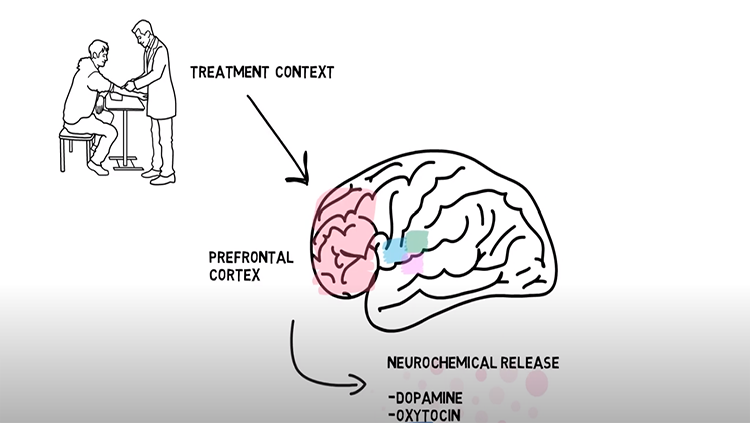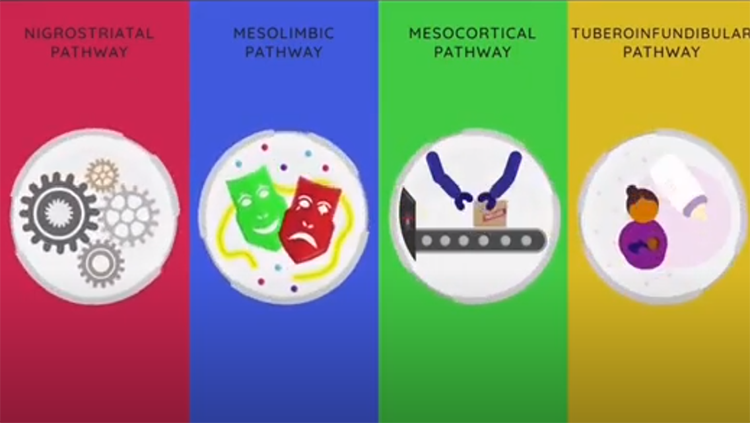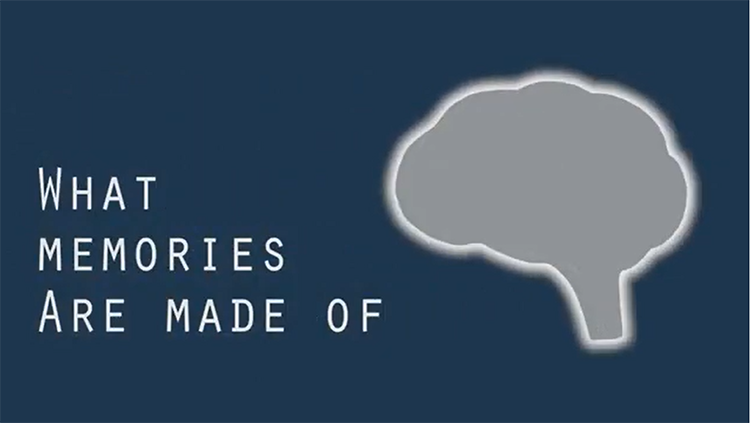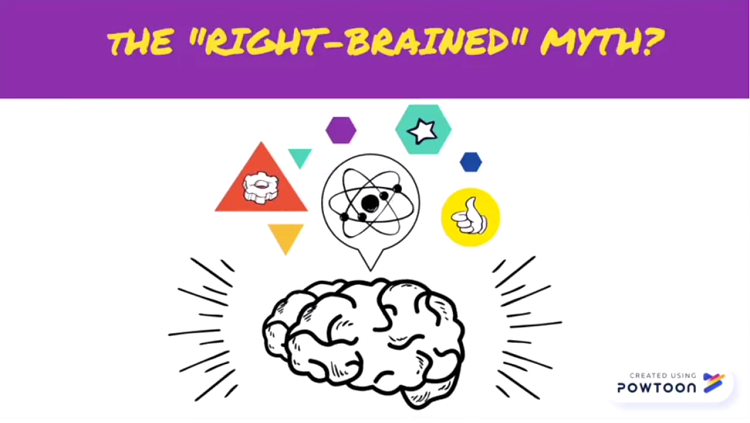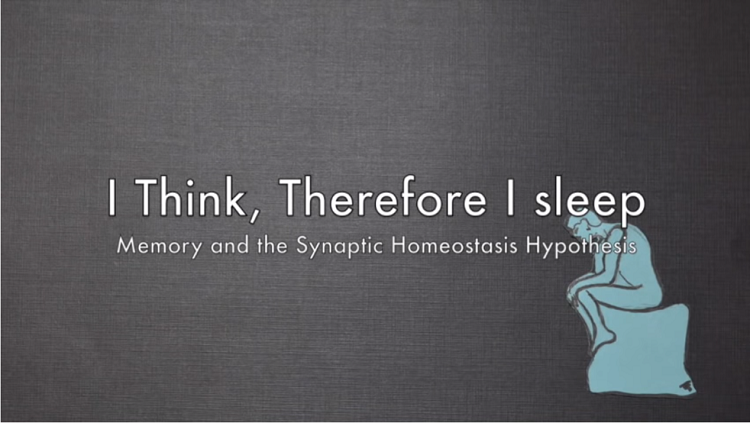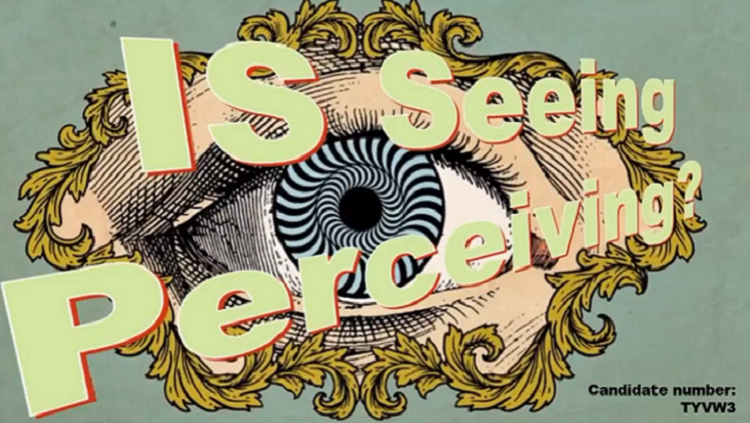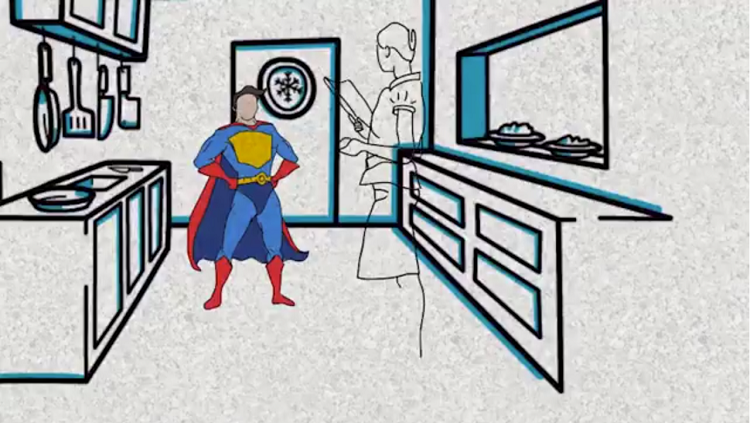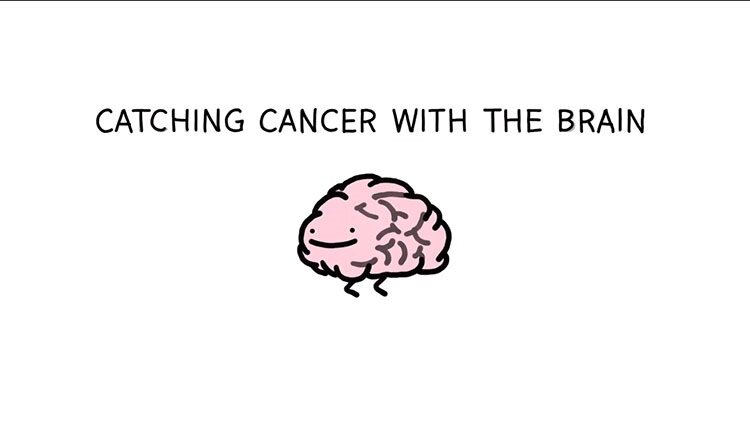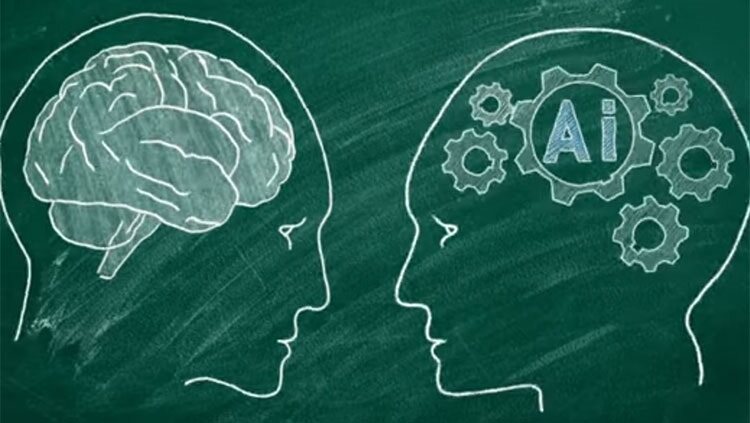Filter
-
(1)
-
(1)
-
-
(1)
-
(8)
-
(15)
-
(3)
-
(1)
-
(2)
-
(1)
-
(3)
-
(1)
-
(1)
-
(2)
-
(2)
-
(1)
-
(1)
-
(2)
-
(1)
-
(1)
-
(1)
-
-
(1)
-
(1)
-
-
(1)
-
(8)
-
(3)
-
(4)
-
(3)
-
(1)
-
-
(94)
-
(39)
-
(19)
-
(33)
-
(4)
-
(15)
-
-
(2)
-
(2)
-
-
(1)
-
(1)
-
-
(10)
-
(1)
-
(8)
-
(3)
-
-
(3)
-
(1)
-
(1)
-
(1)
-
-
(1)
-
(4)
-
(11)
-
(2)
-
(1)
-
(7)
-
(1)
-
-
(49)
-
(7)
-
(2)
-
(2)
-
(5)
-
(2)
-
(7)
-
(7)
-
(11)
-
(9)
-
-
(6)
-
(14)
-
(1)
-
(9)
-
(1)
-
(3)
-
(2)
-
-
(1)
-
(1)
-
(7)
-
(6)
-
(2)
-
(1)
-
(1)
-
-
(1)
-
(1)
-
-
(1)
-
(26)
-
(3)
-
(1)
-
(17)
-
-
(3)
-
(2)
-
(1)
-
-
(6)
-
(1)
-
(5)
-
(4)
-
-
(6)
-
(1)
-
(2)
-
(2)
-
(2)
-
-
(7)
-
(7)
-
-
(1)
-
(2)
-
(2)
-
(1)
-
(1)
-
-
(4)
-
(2)
-
(1)
-
(2)
-
-
(5)
-
(1)
-
(4)
-
-
(34)
-
(7)
-
(2)
-
(1)
-
(7)
-
(11)
-
-
(1)
-
(1)
-
(1)
-
-
(5)
-
(8)
-
(6)
-
(3)
-
-
(1)
-
(1)
-
-
(2)
-
(2)
-
-
(3)
-
(1)
-
(3)
-
-
(8)
-
(4)
-
(3)
-
(2)
-
(6)
-
(1)
-
-
(2)
-
(1)
-
(1)
-
-
(29)
-
(9)
-
(7)
-
(4)
-
(2)
-
(12)
-
-
(162)
-
(1)
-
(10)
-
(4)
-
(25)
-
(29)
-
(13)
-
(10)
-
(26)
-
(2)
-
(22)
-
(6)
-
(15)
-
(9)
-
(8)
-
(68)
-
(9)
-
(30)
-
-
(13)
-
(1)
-
(3)
-
(1)
-
(4)
-
(1)
-
(4)
-
(1)
-
-
(6)
-
(6)
-
-
(5)
-
(2)
-
(214)
-
(178)
-
(12)
-
(7)
-
(4)
-
(1)
-
(18)
-
(10)
-
(24)
-
(6)
-
(178)
111 - 120 of 230 results
-
Believing a treatment will work can change how you respond to it — even when it’s fake.
-
Dopamine works as a crucial messenger in our brains, with imbalances causing a variety of brain disorders.
-
The brain stores memories by changing how neurons talk to each other.
-
This video shows how the right-and-left-brained belief came to be and why it is a myth.
-
Explores one process by which sleep is thought to play a role in properly regulating synapses — the synaptic homeostasis hypothesis.
-
This video explains the science behind visual illusions.
-
Learn how your brain creates dreams while you sleep.
-
Scientists have discovered that the glymphatic system clears 80-90% more waste during deep sleep than wakefulness.
-
Similar to how plants in a garden grow, our brain needs certain elements for effective learning. AI technologies are built to grow in a similar way, with some systems helping doctors identify cancers.
-
Much like neural networks in the brain, artificial neural networks adjust the strength of their connections with repeated exposure to data to perform certain functions.


